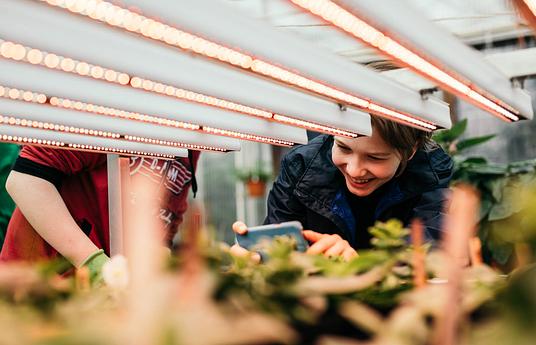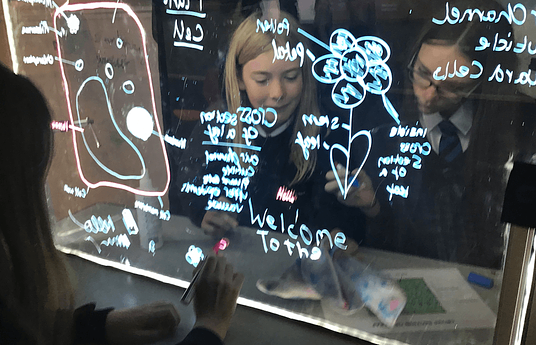In phenomenon-based learning, the acquisition of the comprehensive competences highlighted in the curriculum can be accomplished in various ways. Phenomenon-based learning consists of the following stages:
- Studying the phenomenon begins by setting common goals and specifying the assessment criteria. The goals stem both from those set for the subjects' curricula and related to the phenomenon, and others based on the learner's own starting points.
- Learners become enthusiastic and motivated about phenomena through texts, images, videos, visits and brainstorming.
- They chart their personal preconceptions about the phenomenon and their hopes and targets regarding it, and ask questions of their own about what they want to learn.
- During the research and data acquisition stage, learners immerse themselves in the phenomenon by examining it, visiting museums, or contacting experts. The range of information is jointly categorised.
- During the phenomenon process, the focus is on sharing what you have learned; the goal is to state, in concrete terms, what you have learned and how it affects the future. Portfolio learning is very important so that the learners leave a record of what was learned during the process.
The multifaceted nature and challenging aspects of phenomena in the world require increasing levels of expertise, an investigative and multidisciplinary approach, and keeping abreast of topical issues. Phenomenon-based learning challenges teachers to cooperate across subject boundaries, and to share their expertise. Cooperation also takes place with experts outside the school; this could mean researchers, parents or representatives of various organisations.



